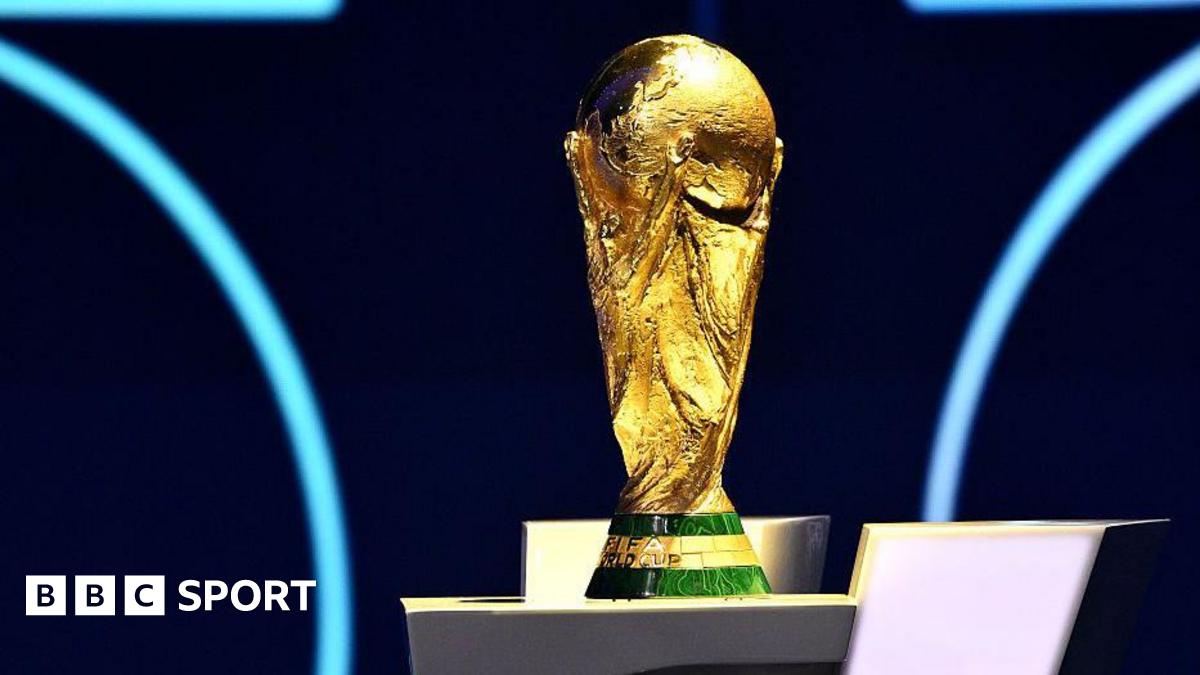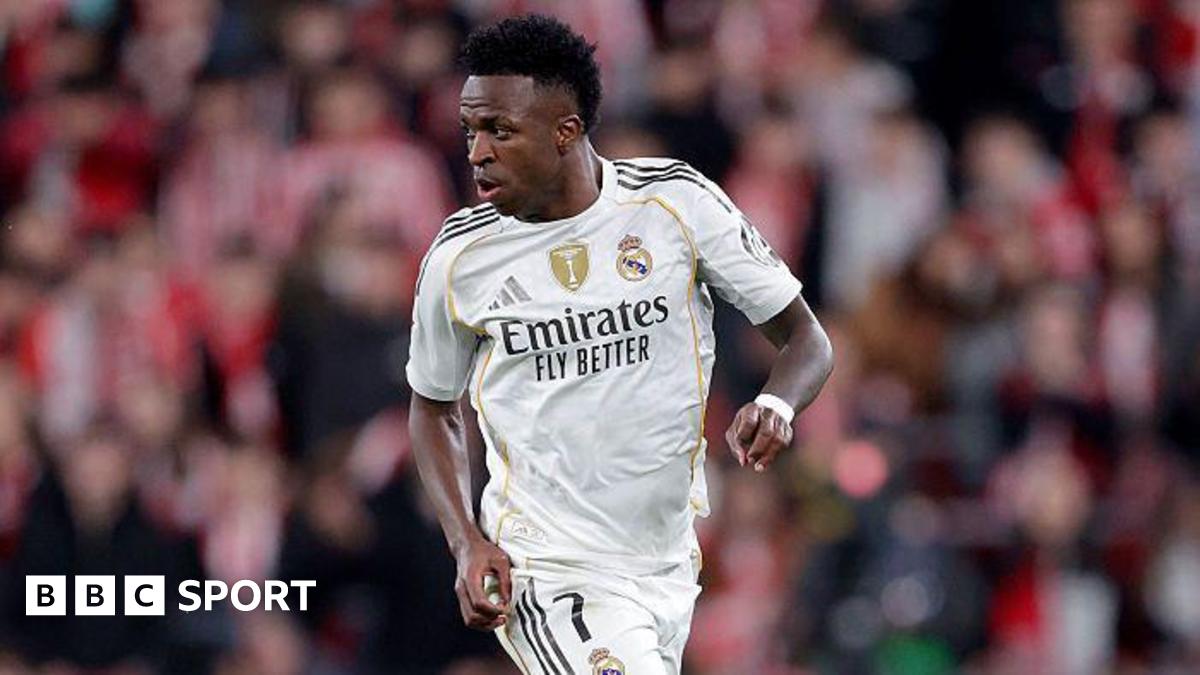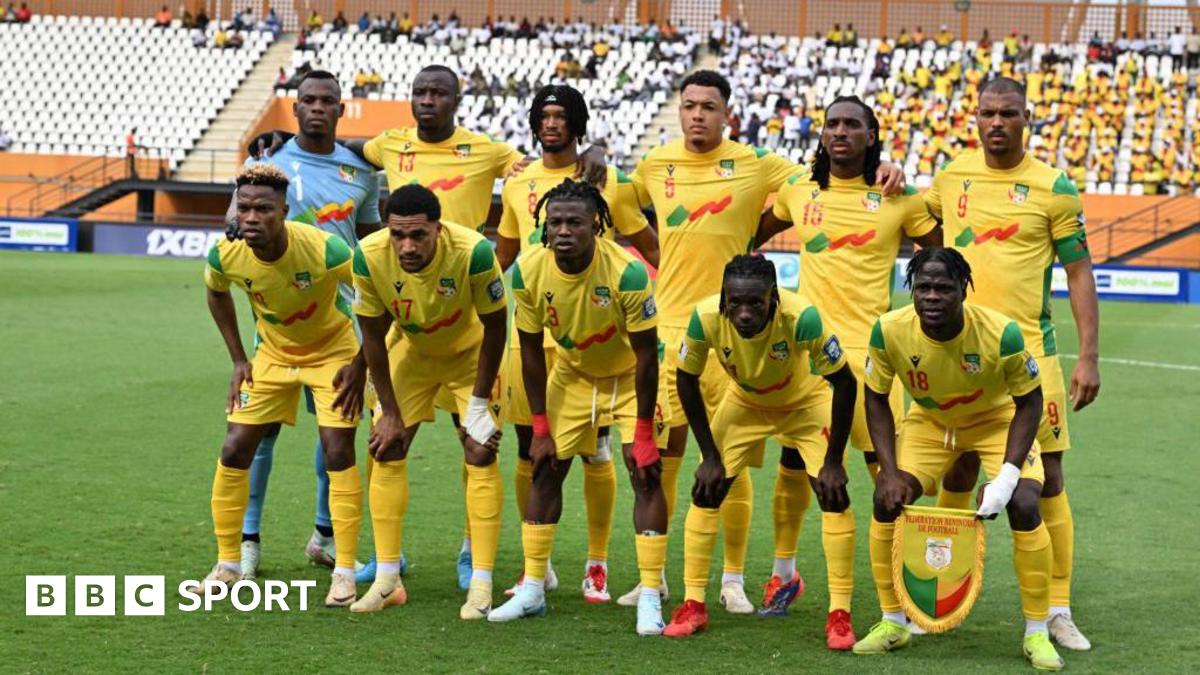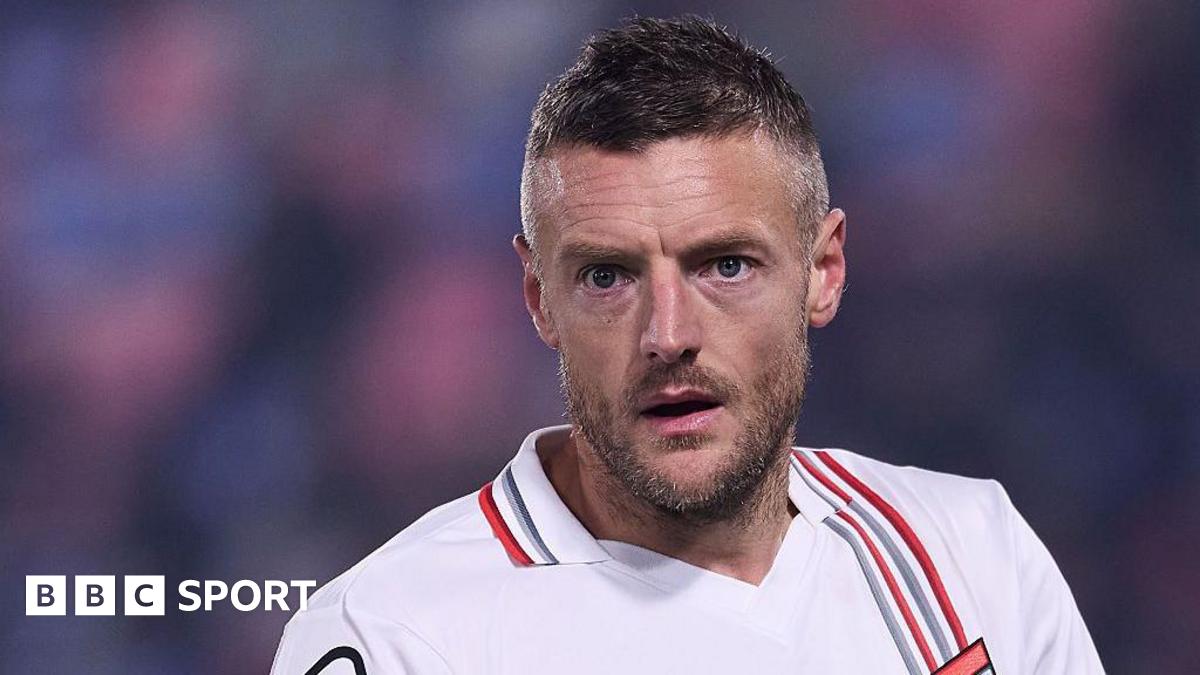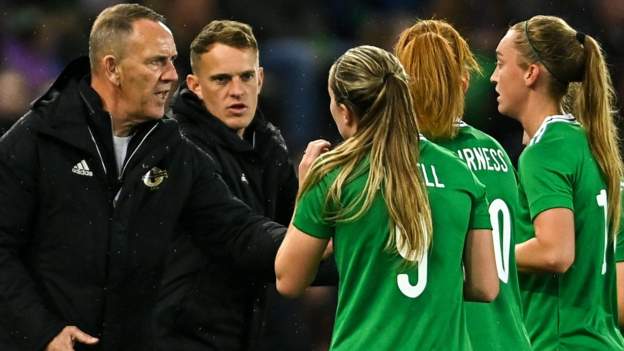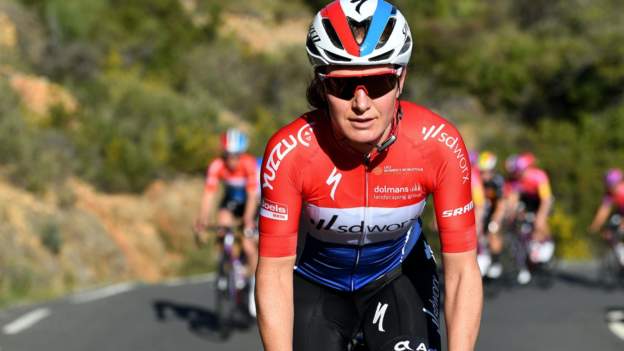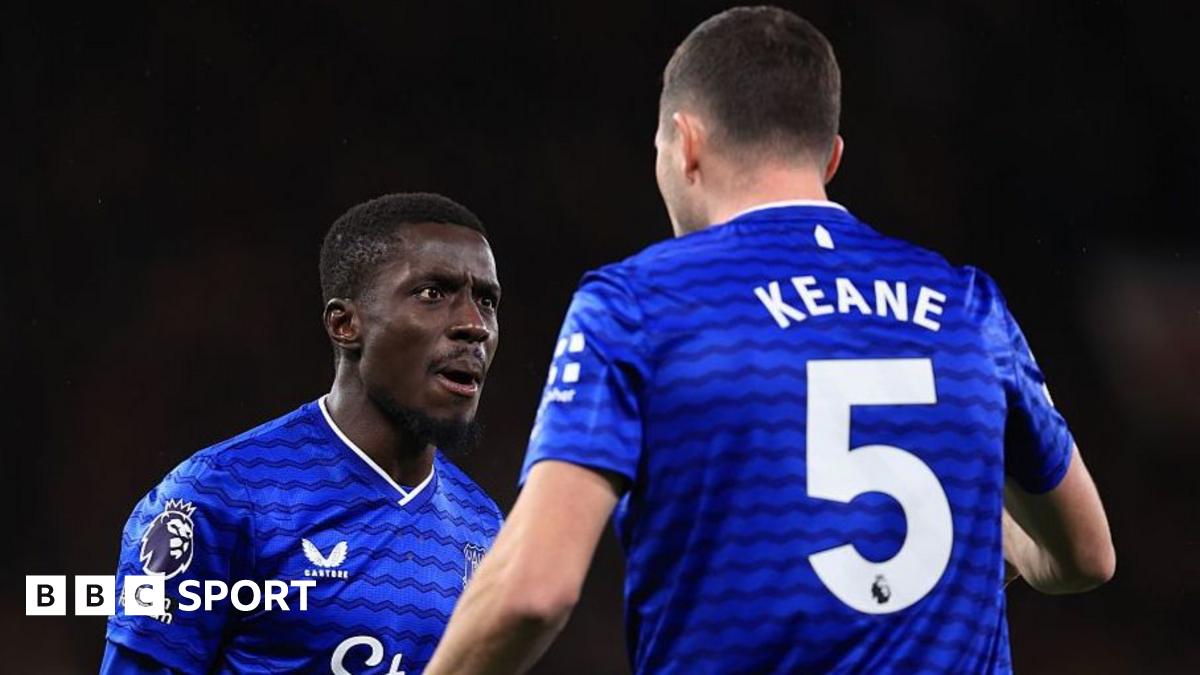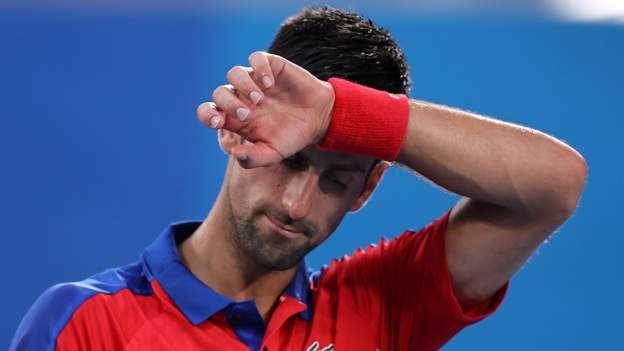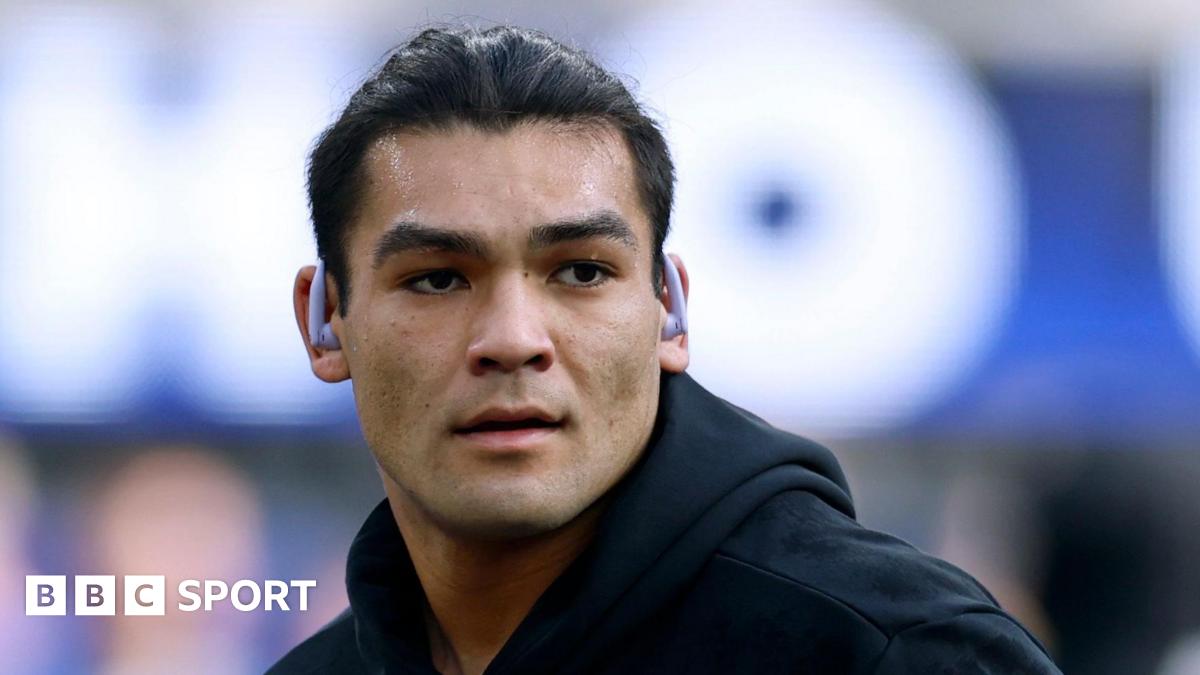There was an air of disbelief when leaving Windsor Park on Tuesday night – and not for the right reasons.
Come morning, the shock at Kenny Shiels’ comments about “emotional women” had reverberated far beyond the walls of the National Stadium in Belfast.
A short apology for any offence caused soon followed, but it did little to dampen the criticism, and his soundbite had gone beyond football and become a national, and even international news story.
You rarely know what you are going to get in interviews with Shiels, who isn’t one to wheel out a cliche, but nobody expected what came on Tuesday.
It was unprovoked, too, towards the end of a relaxed press conference, with the question based around the selection of two young players before Shiels deviated into the oncoming storm.
Let’s state the obvious, that football is an emotive sport. The highs, the lows and even the downright mundane – few things in life can give you the rollercoaster of emotions over the course of 90 minutes. That’s why so many of us are hooked.
Shiels is no exception. He often speaks of the pride in his history-making squad and you don’t have to be a sports psychologist to understand what the 65-year-old feels on the touchline, where he is usually in relentless action alongside his son and assistant, Dean.
All of which make his comments so bizarre, but on Thursday captain Marissa Callaghan offered some context, stating that Northern Ireland conceding quickly had been discussed in a team meeting, and in that came the topic of emotion.
Most importantly, there was a collective backing of Shiels from those who know him best. It was a statement which painted their manager in a far better light than the past 48 hours, and much like the man whose reputation was on an all-time high after helping his country qualify for a maiden major tournament.
I understand this was a statement made on the initiative of Callaghan and the squad, not a PR directive from the Irish FA.
That speaks volumes about how he is regarded within the squad, but, as the storm continues to blow, have his comments tarnished his legacy to the wider world?
What do the stats say?
Let’s look at recent Northern Ireland matches under Shiels. His side conceded four in 28 minutes against the Lionesses, which is hardly an implosion against a world-class side.
However NI shipped three in nine minutes against Austria, which ultimately ended their World Cup ambitions, and two in three minutes in February’s friendly with Switzerland. They also conceded just once against the Faroe Islands and Romania.
Prior to entering their full-time programme in January, in the reverse fixture with Austria it was a goal at the end of each half which cost NI dearly. Shiels admitted the injury-time equaliser was down to a lack of fitness from the then part-timers.
What’s evident from the two most recent defeats is that Austria and England are still a level above in terms of fitness and preparation. Northern Ireland, especially on Tuesday, struggled to deal with the movement and pace of their opponents.

That only highlights the lack of match conditioning throughout the squad given the Women’s Premiership, where the majority of the team are based, ended in October and isn’t set to start again until Wednesday.
Shiels has implemented a style of play which encourages building from defence and playing it short, and it is common knowledge that high-risk tactics often lead to more goals conceded.
All this underlines a key point: emotion is part of any sport but there are so many factors at play it is simply unfair and inaccurate to pinpoint it on gender imbalance.
For those looking at emotion in the men’s game, you don’t have to search much further than Cristiano Ronaldo’s alleged actions at Everton or the final 15 minutes of Manchester City’s feisty Champions League quarter-final with Atletico Madrid, just two instances over the past seven days which go against Shiels’ comments.
Players placed in awkward position
Meanwhile, as the fallout from Shiels’ remarks rumbled on, players were posting on social media on Wednesday about the pride of representing their country in front of a record crowd full of passion and colour.
That should have been the lasting memory from a historic night at Windsor Park, with 15,348 in attendance, but it very much took a back seat.
Shiels addressed the “special occasion” in his brief statement, and he will no doubt be uncomfortable that the focus has shifted away from those who have worked so hard to put it centre stage.
His comments placed the players in a difficult position. Many have openly discussed how Shiels has transformed his country’s fortunes, yet on Tuesday it came across as him throwing them under the bus simply because of their gender.

Then Callaghan’s statement came, giving the players a voice which fundamentally backed their manager. Any fears of Shiels’ comments disrupting the squad, internally at least, seemingly put to bed.
Having spent time following Shiels and his players over the past three remarkable years, there is no doubt about the care and welfare he has for his squad – from the youngsters breaking through to the experienced players who have recently achieved what was once unthinkable.
It was evident in November’s victory over North Macedonia, where he said, with tears in his eyes, that his players’ hearts were dancing in their eyes. It was a touching statement that was genuine – there was no faking that.
In previous jobs at Kilmarnock and Derry City he has been the united face of grief when tragedy hit.
That compassion and pride for his players is visible in his current job, and that bond is reciprocated.
However, his remarks on Tuesday were a serious mis-step that risked disrupting the entire build-up to Euro 2022 even if, as Callaghan appears to suggest, they were not meant in the way they came across in the press conference.
Questions ahead of Euro 2022
Shiels is a unique and colourful character, seen as a football maverick.
His appointment as women’s team manager was seen as a left-field option but there is no hiding from the progress he has guided both on and off the pitch. However, this is not the first time he has been questioned about his comments.
His time at Kilmarnock was littered with provoking statements, with the Ayrshire club saying that his sacking was for “football and regulatory” reasons, citing repeated touchline bans for Scottish FA breaches as well as poor results.
The end of his tenure at Derry is remembered for calling a journalist ‘Einstein’ when questioned about the club’s league form.
With Shiels set to remain in charge for the Euro finals questions will linger. Before this storm there would still be unparalleled intrigue, attention and pressure given the magnitude of the tournament for Europe’s underdogs. Now it has only been amplified by his remarks, and that extra scrutiny will now be in place.
Callaghan’s statement might stop any questions about harmony in the squad and confidence in Shiels, but that alone is unlikely to completely stop the criticism he has faced.
Shiels has often remarked that his players must learn from their mistakes, but now it is the manager who must heed his own words.
He has taken women’s football to a new level in Northern Ireland, but his own history-making legacy is now under threat.






